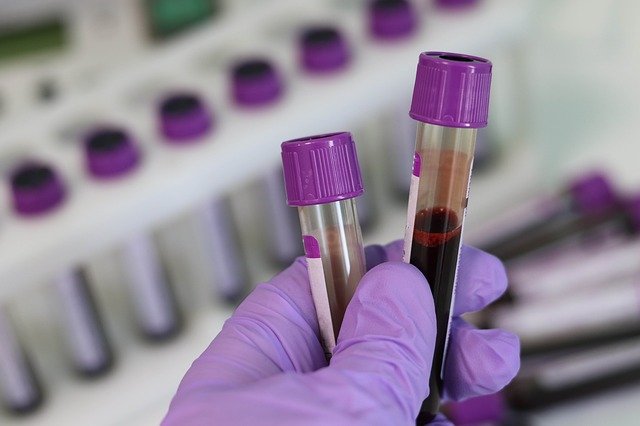There is an extremely high demand for laboratory-based blood tests from community settings in the UK and analysis suggests an important role in the future for remote blood monitoring that would enable patients and health professionals to carry out their own tests remotely, greatly benefiting patients and speeding up decision making. The COVID-19 pandemic has further highlighted the need for remote and connected blood testing that is beyond the online virtual clinics in the NHS outpatient setting.

Clinical healthcare continues to face challenges in obtaining and processing blood samples outside of clinical platforms, and reducing labour-intensive and manual tweaking, which are not suited for home blood monitoring. All of these factors significantly hamper the timely analysis of blood samples. Capturing patients’ sequential data over time to compile information crucial to the early detection of complex diseases has been identified as the only way to manage chronic health conditions.
In England, around 95% of clinical pathways rely on patients having access to efficient, timely and cost-effective pathology services and there are 500 million biochemistry and 130 million haematology tests are carried out per year. This means inefficient and infrequent blood testing leads to late diagnosis, incomplete knowledge of disease progression and potential complications in a wide range of populations. Taking those challenges into account and current digital transformation in healthcare, this is a timely opportunity to bring researchers, clinicians and industrialist together to address the challenges of blood monitoring and analytics.
The proposed Network+ will build an interdisciplinary community that will explore future blood testing solutions to achieve remote, inclusive, rapid, affordable and personalised blood monitoring, and address the above challenges in community health and care. To achieve the Network+ vision, research of technologies will be conducted from collaborations among information and communication technology (ICT), data and analytical science, clinical science, applied optics, biochemistry, engineering and social sciences.
The network will address three key technical challenges in blood testing: Remote monitoring, ICT, Personalised data and Artificial Intelligence (AI) in a range of clinical areas including cancer, autoimmune diseases, sickle cell disease, preoperative care, pathology services and general primary care. The three research areas together will enable new digital health systems to support real-time blood monitoring, self-management and timely intervention in community health and care. The network project launched on 1 October 2021 and will have the launching event on 23 November 2021. The detailed network information can be found in on the project website.
The Network+ builds on my interdisciplinary research focusing on using informatics, data science, machine learning, and digital information systems to solve real-world healthcare challenges. I work closely with NHS on data-driven decision support systems that use real-world data from multiple sources, remote health monitoring and patient reported outcomes to develop novel technologies to support clinical and operational decision makings in patient pathway.
This involves decision support systems projects such as using AI methods in blood glucose fluctuation pattern recognition for remote continuous monitoring of patients with type 1 diabetes, funded by the Joint Academic Board of University of Reading and Royal Berkshire NHS Foundation Trust. A machine learning based decision support system for outpatient management which my team developed has successfully been implemented in Royal Berkshire NHS Foundation Trust and has received the University’s Research Engagement and Impact award in 2020.
Weizi (Vicky) Li is an Associate Professor int the Department of Business Informatics Systems and Accounting, Henley Business School.
